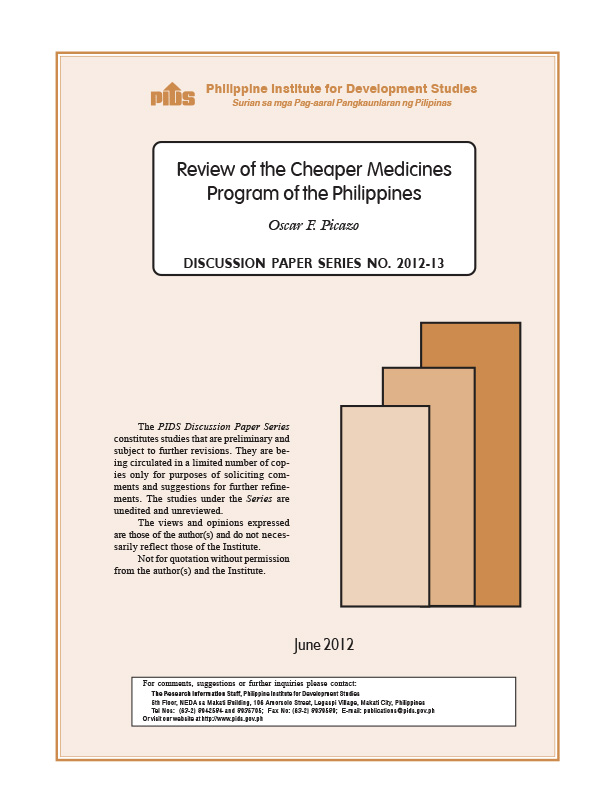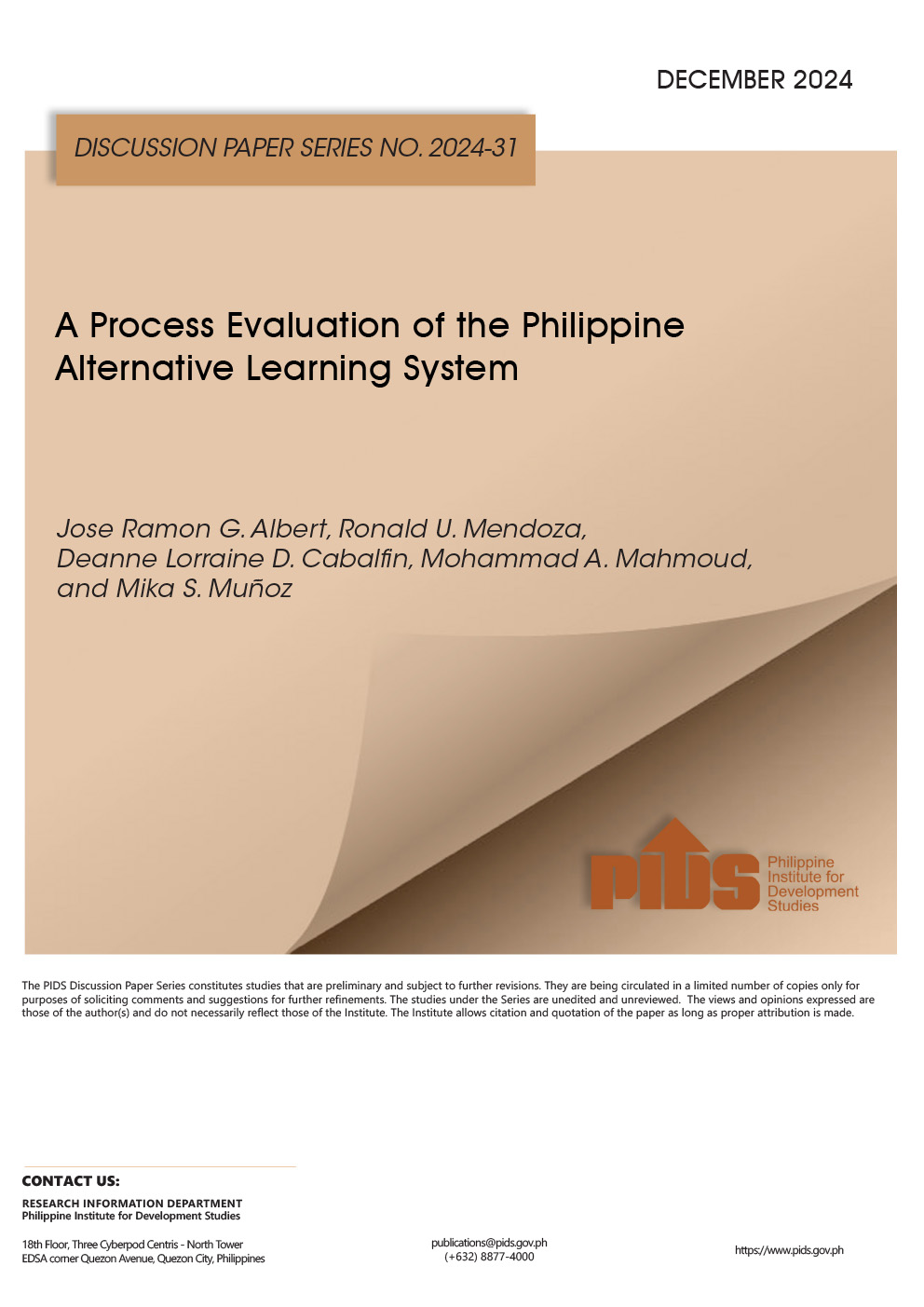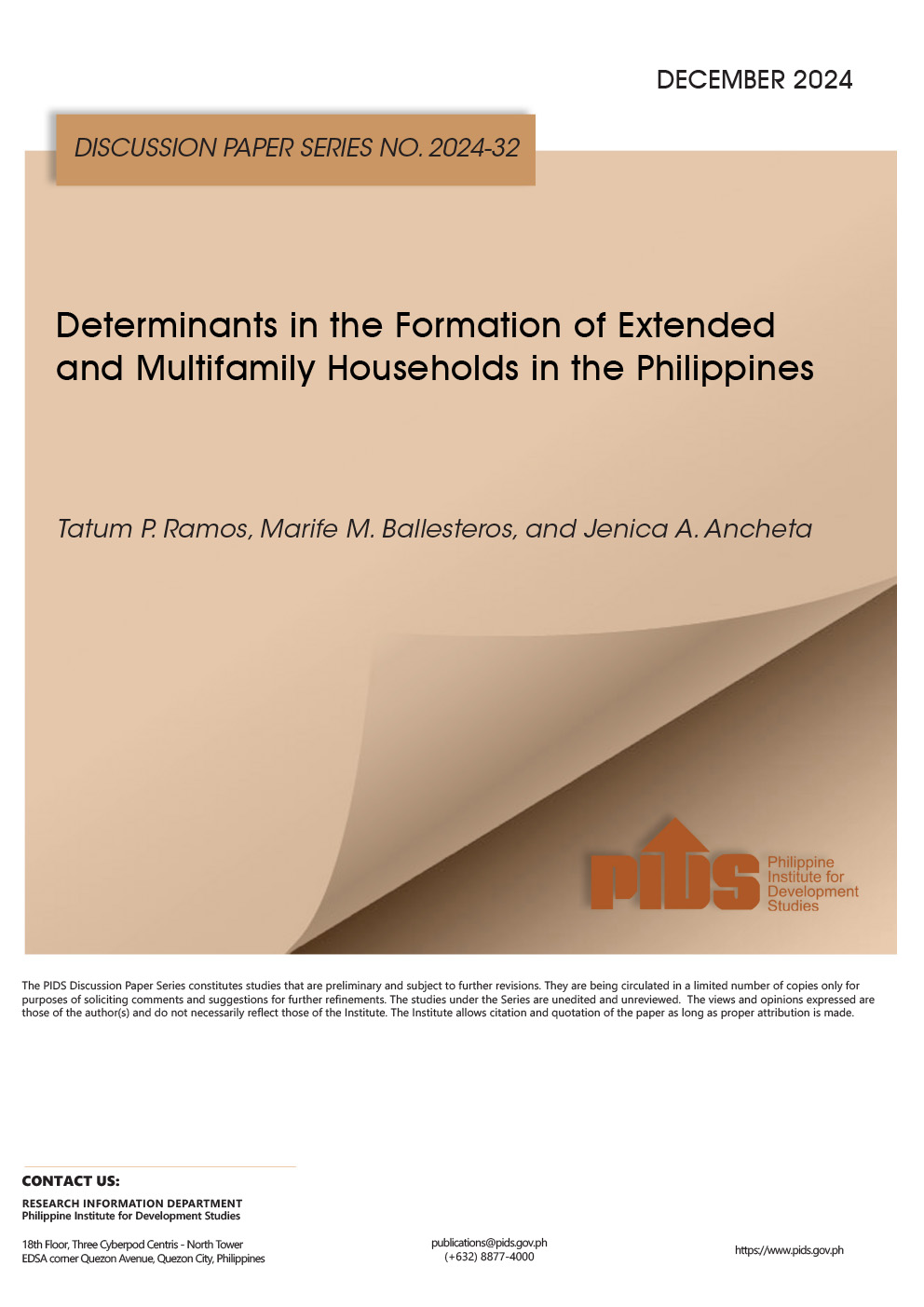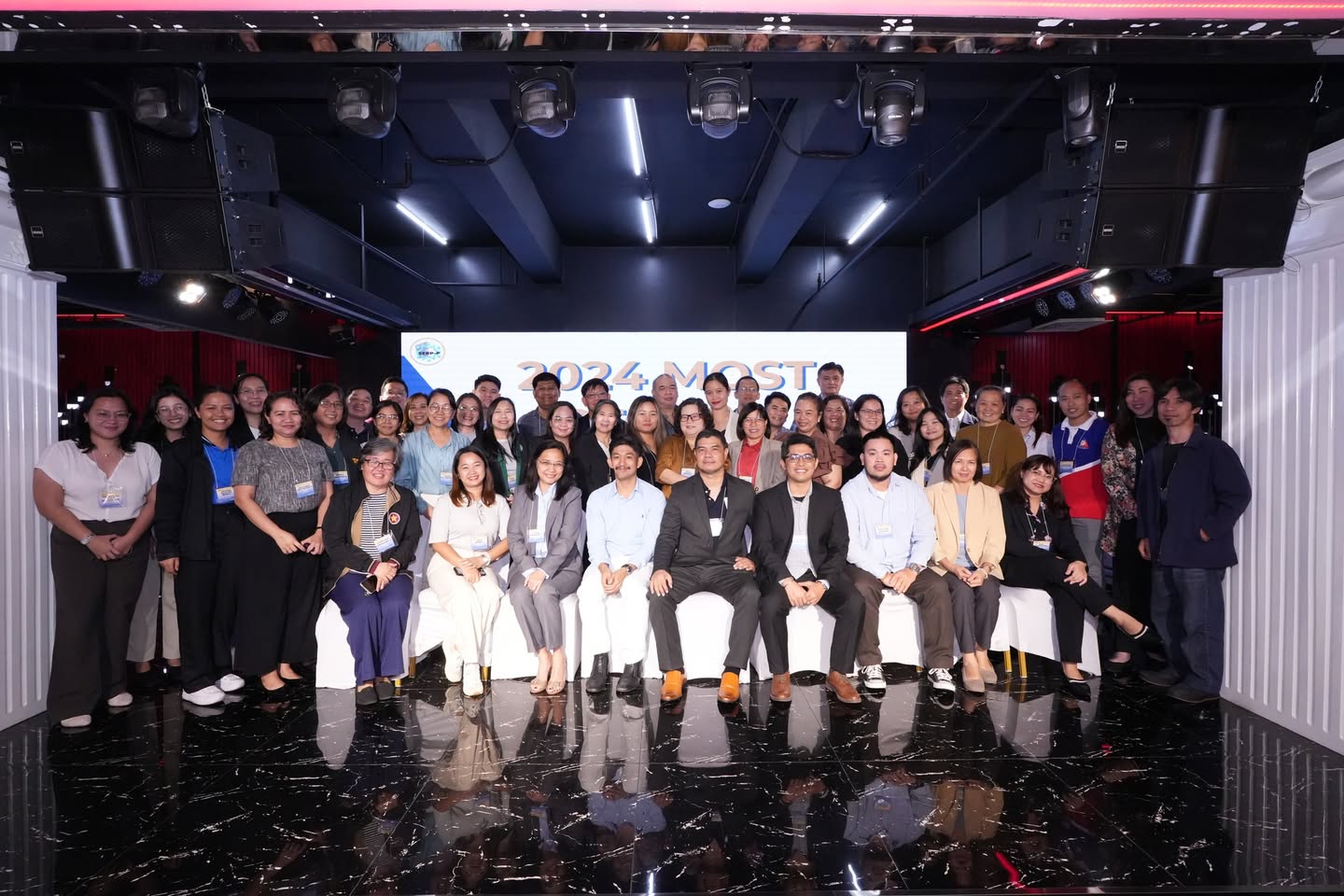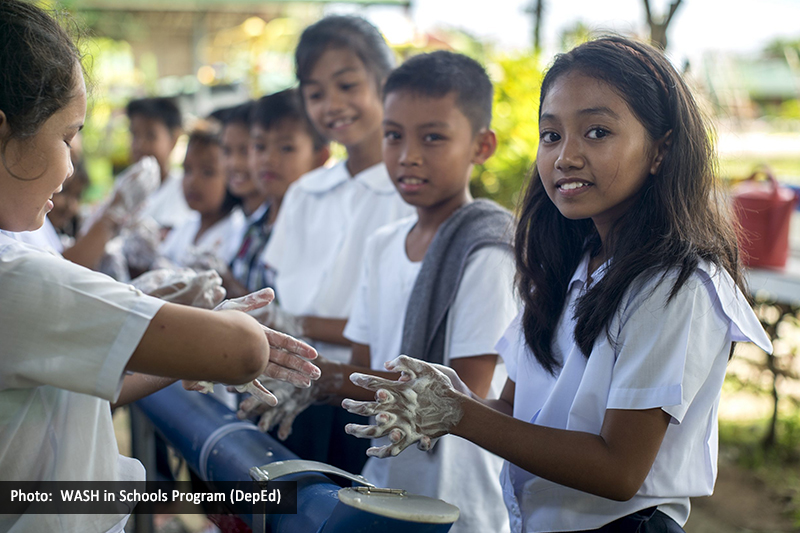This report provides an assessment of the Department of Health`s (DOH) three drug provision programs, i.e., Botika ng Barangay (BnB), Botika ng Bayan (BNB), and the P100 Treatment Pack (P100). (a) The BnB program expanded its distribution network rapidly in the past decade, contributing to improvement in market contestability. The BnBs showed that generic drug retailing can have modest profitability in rural areas, thus encouraging the private sector to enter the market aggressively, eventually outpricing some of the BnBs. In addition, while the number of BnBs has grown rapidly, not all of them have been provided with sufficient financial and management support to make them sustainable. DOH has taken cognizance of the problem and has instituted a moratorium on further BnB expansion until problems in restocking and financing are addressed. (b) BNBs are private franchises supported by the PITC Pharma Inc., a government parastatal. They are more sustainable than BnBs, but are facing aggressive competition from private franchisors which are able to offer better terms to their franchisees. (c) The P100 Treatment Pack operates on the principle of improving patient compliance to treatment through less expensive generic drug packs. Introduced in 2009, the program initially showed significant patient savings compared to private sector generic equivalents. The problem is its underfunding, poor reporting of sold items by participating hospitals, short drug list, and limited outlets. Since then, aggressive private sector generic retailers have entered the market offering similar treatment packs. The program is planned to be configured as a primary care pharmacy benefit under PhilHealth.
Citations
This publication has been cited 1 time
- BusinessMirror. 2019. Science shows the way to cheaper medicines. BusinessMirror.

